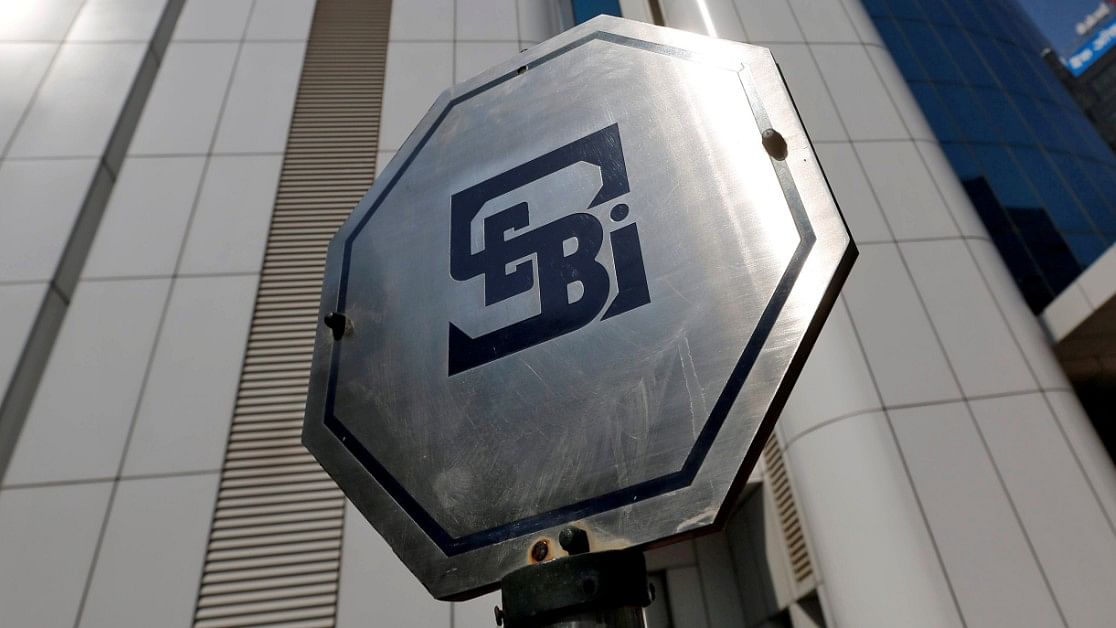
The logo of Sebi.
Credit: Reuters File Photo
By Andy Mukherjee
India is one of the world’s busiest markets for initial public offerings. It has had more companies debuting over the past year than China and Japan, combined. But if history is any guide, in the long run, most of them will turn out to be duds.
Yet, such is the attraction of the “pop” — large listing-day returns — that this fever won’t abate.
Something is badly broken. YK2 Partners, a boutique firm that invests only in Indian public markets, has done the math for two decades of initial fundraising by the country’s firms.
Analysts at Mumbai- and London-based YK2 considered all the 300-plus mainboard issuances since January 2004 with a 10-year trading history. The average IPO in this set has returned - 3.5 per cent a year, according to their calculations, turning a 100-rupee ($1.2) investment into 70 rupees a decade later.
It doesn’t matter whether they listed in 2004 or 2013, or any year in between. Indian IPOs have failed miserably at generating additional returns for investors over what they would have earned passively from just owning a broad benchmark.
About 77 per cent have underperformed the NSE500 Index over a 10-year period, with average underperformance of more than 14 per cent annually. In other words, the 100 rupees not invested in debutants could have, with very little effort, become 280 rupees.
“We cynically characterize the IPO process as a scheme orchestrated by management, private equity investors, anchor investors, investment bankers, media, etc.,” YK2’s Co-Founders Arun Agarwal and Vinod Nair, wrote in a note accompanying their research. “It might make sense for investors looking for an IPO pop but not for long term investors like us.”
It’s the regulator’s job to ensure that companies with reasonably solid prospects come to public markets and offer stock at a price that allows long-term wealth creation.
That the local IPO market is falling far short of this ideal is something the Securities and Exchange Board of India (Sebi) has been aware for a long time. Yet, some of the steps that the SEBI has attempted or contemplated proved too contentious.
One of them was grading of IPOs (similar to credit rating for bonds). Made mandatory from 2007, grading became optional in 2014 amid intense lobbying.
Another idea was to let retail investors return stock to the controlling shareholders at the issue price after three months of significant underperformance. This safety net was considered for years and then dropped.